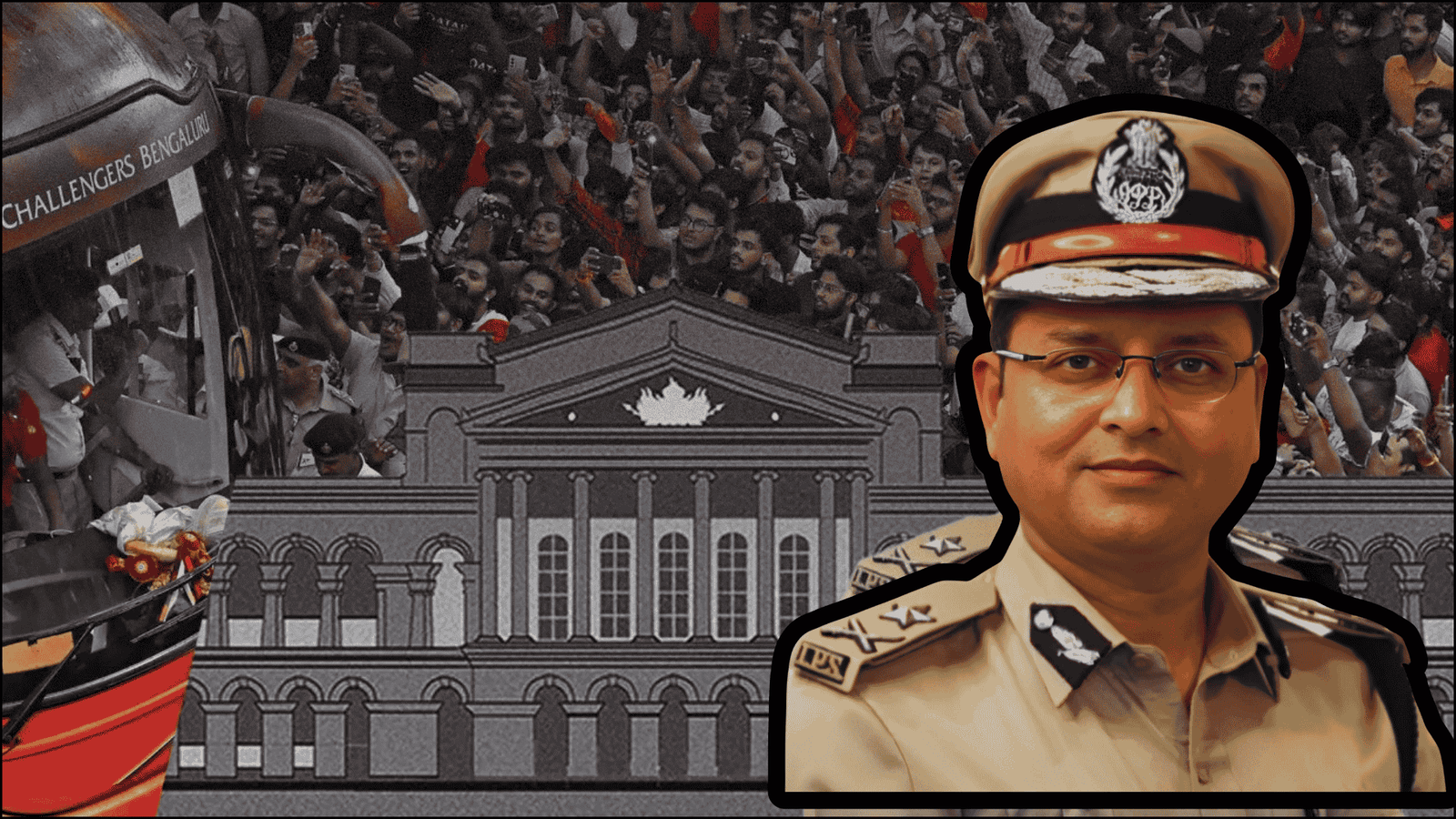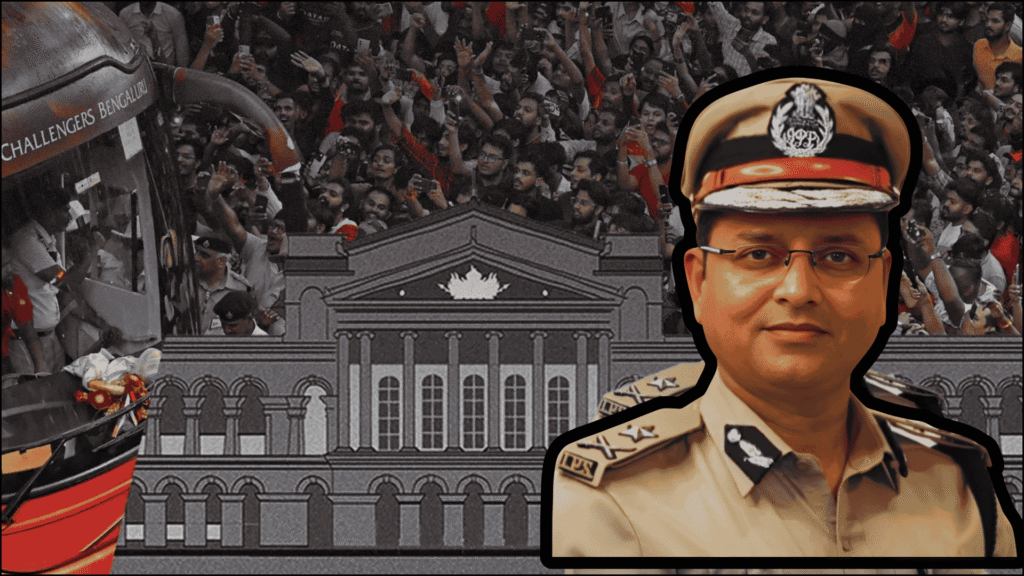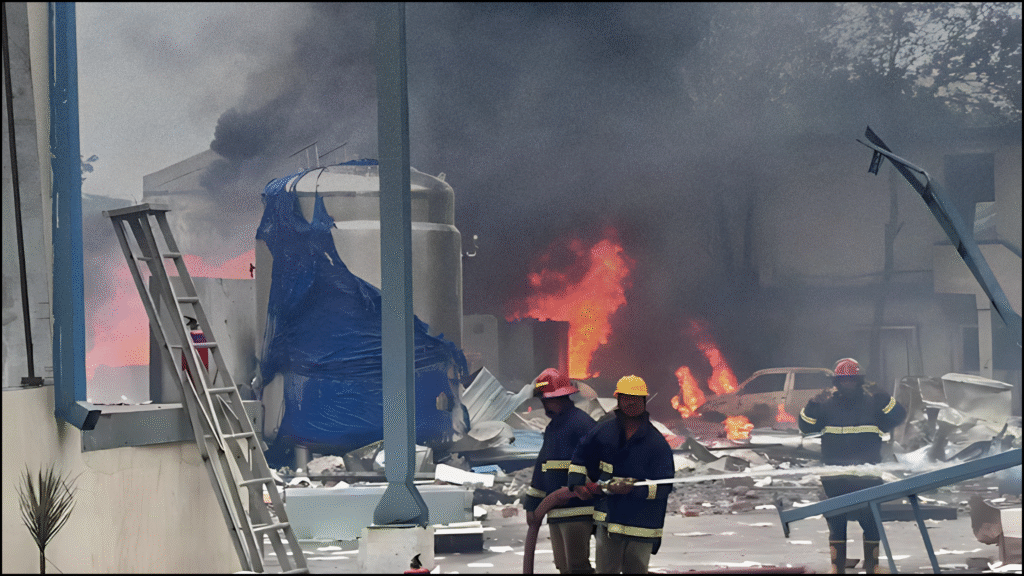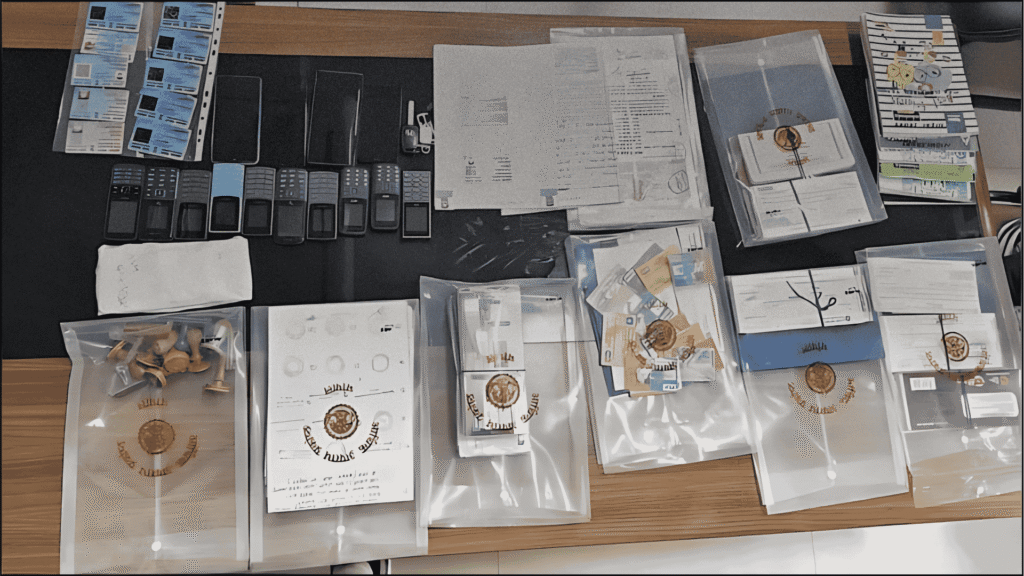On July 2, 2025, the Karnataka government, led by Chief Minister Siddaramaiah, escalated a legal battle by approaching the Karnataka High Court to challenge a Central Administrative Tribunal (CAT) order that revoked the suspension of senior IPS officer Vikash Kumar Vikash. The suspension stemmed from a tragic stampede outside Bengaluru’s M. Chinnaswamy Stadium on June 4, 2025, during celebrations for Royal Challengers Bangalore’s (RCB) IPL victory, which claimed 11 lives and injured over 50 people. This case has sparked debates about police accountability, event management failures, and the complexities of crowd control. This blog explores the incident, the legal proceedings, and the broader implications for public safety in India.
The Bengaluru Stampede: A Tragic Incident
The stampede occurred on June 4, 2025, when lakhs of fans gathered outside M. Chinnaswamy Stadium following RCB’s announcement of a victory parade to celebrate their first IPL title after 18 years. The event, organized by M/s. DNA Entertainment Network Private Limited, was poorly coordinated, with RCB failing to secure adequate police permission or provide sufficient notice for crowd management arrangements. According to reports, the franchise announced the event on social media, drawing an estimated three to five lakh people within hours, overwhelming the police. The tragedy resulted in 11 deaths, including a 14-year-old girl, and numerous injuries, prompting public outrage and scrutiny of both the organizers and law enforcement.
The Suspension of IPS Officer Vikash Kumar Vikash

Vikash Kumar Vikash, then Inspector General and Additional Commissioner of Police (West), Bengaluru, was among five officers suspended on June 5, 2025, for alleged dereliction of duty. Others included Bengaluru Police Commissioner B. Dayananda, Deputy Commissioner Shekar H. Tekkannavar, Assistant Commissioner C. Balakrishna, and Police Inspector A.K. Girish. The Karnataka government, citing Rule 3(1)(a) of the All India Services (Discipline & Appeal) Rules, 1969, argued that the officers failed to implement adequate crowd-control measures despite prior knowledge of the event. Chief Minister Siddaramaiah defended the suspensions, stating that the officers’ lapses contributed to the chaos, and a magisterial inquiry was ordered to investigate further.
Central Administrative Tribunal’s Ruling
On July 1, 2025, the CAT, comprising Justice B.K. Shrivastava and Santhosh Mehra, quashed Vikash’s suspension, calling it “mechanical” and lacking “sufficient or substantial material.” The tribunal argued that the police were not given adequate time—approximately 12 hours—to prepare for a crowd of such magnitude. It criticized RCB for failing to seek formal permission and for announcing the event abruptly on social media, which led to the massive turnout. The CAT bench famously remarked, “Police personnel are also human beings. They are neither ‘God’ nor magicians, and do not possess magical powers like ‘Aladdin ka Chirag’ to fulfill wishes at the rub of a finger.” The tribunal ordered Vikash’s immediate reinstatement with full pay and allowances and recommended that the government reconsider the suspensions of other officers involved.
Karnataka Government’s Appeal to the High Court

Unconvinced by the CAT’s ruling, the Karnataka government, represented by Advocate General Shashikiran Shetty, approached the Karnataka High Court on July 2, 2025, seeking an urgent hearing. Shetty argued that the CAT overlooked critical aspects of the suspension order, such as the officers’ alleged negligence, and claimed the tribunal’s findings resembled a premature departmental inquiry. The government expressed concern that Vikash had already reported to duty in uniform following the CAT’s order, prompting swift action. The High Court bench, led by Justices S.G. Pandit and T.M. Nadaf, questioned the urgency but scheduled the hearing for July 3, 2025, without issuing an immediate stay. The state’s appeal also highlighted a contradiction, as it had previously argued that RCB bore sole responsibility for the tragedy, yet opposed the CAT’s exoneration of the officers.
Broader Implications for Public Safety
The Bengaluru stampede underscores the critical need for robust crowd management protocols at large public events. The Karnataka government responded by formulating standard operating procedures (SOPs) for crowd control on July 1, 2025, covering pre-event planning, coordination, access control, and emergency preparedness. The incident also raises questions about the accountability of event organizers versus law enforcement. The CAT’s ruling suggests that systemic failures, such as inadequate communication from RCB and the Karnataka State Cricket Association (KSCA), played a significant role, rather than individual negligence by police officers. This case may set a precedent for how responsibility is apportioned in future public safety incidents.
Societal and Political Reactions
The case has fueled political and public discourse. Nearly 30 retired IPS officers wrote to Chief Minister Siddaramaiah, urging the revocation of the suspensions and arguing that punitive action should follow a judicial inquiry, not precede it. Posts on X reflect public sentiment, with users like @dp_satish calling the suspensions a “huge loss of face” for the government. The opposition has accused the state of scapegoating officers to deflect blame from administrative failures. Meanwhile, the CAT’s suggestion to extend relief to other suspended officers could lead to further legal challenges.
What’s Next?
The Karnataka High Court’s hearing on July 3, 2025, will determine whether Vikash’s reinstatement stands or if the government’s appeal succeeds. The outcome could influence the cases of other suspended officers and shape policies on crowd management and police accountability. Schools, event organizers, and authorities must collaborate to prevent such tragedies, ensuring clear communication, adequate planning, and adherence to safety protocols.
Conclusion
The Karnataka government’s challenge to the CAT’s order revoking Vikash Kumar Vikash’s suspension highlights the complexities of assigning blame in public safety failures. While the state insists on police accountability, the tribunal’s ruling emphasizes the unrealistic expectations placed on officers without sufficient preparation time. As the High Court prepares to hear the case, this incident serves as a sobering reminder of the need for coordinated efforts to ensure public safety at large gatherings. The tragedy at M. Chinnaswamy Stadium must catalyze systemic reforms to prevent future losses of life.
Also read



